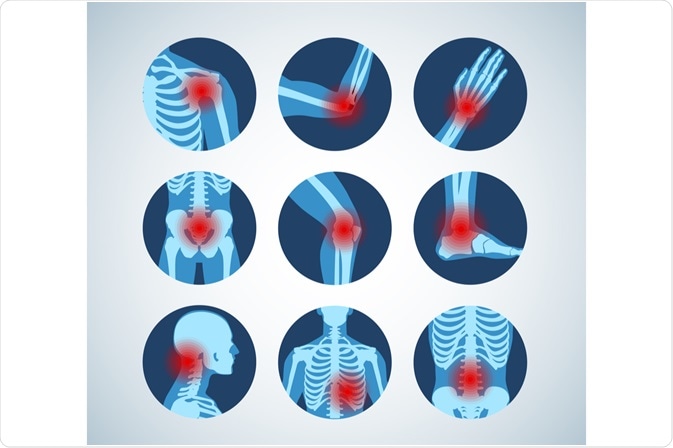Rheumatology is one most people are often unaware of among the different medical fields. Since most people do not know what a Rheumatologist is and what problems they treat, knowing when you need one can be a tricky question that is difficult to answer. This field is growing, with several Rheumatologist jobs in UAE now available. Here we have covered everything about what a Rheumatologist is and when you may have to visit one.
What is a Rheumatologist?
A Rheumatologist is a doctor of internal medicine, pediatrician, or internist, specialized in diagnosing and treating inflammatory conditions affecting the tendons, joints, bones, ligaments, and muscles.
These specialists diagnose and treat systemic autoimmune conditions and musculoskeletal diseases. Collectively what are known as rheumatic diseases are what Rheumatologists treat. If you’re searching for a Rheumatology job, WhatJobs is just the right place.
What Do Rheumatologists Do?
Rheumatology is a medical field where these specialist doctors maintain frequent contact with their patients and spend much time following their disease progression. After finding a rheumatologist, they will help you with the following.
- Diagnose the issue
- Running tests to search up the cause of the condition
- Suggest different treatments
- Following up with patients to see if the treatment is successful or not
- Redesign the treatments as needed if the earlier methods don’t work
Conditions Rheumatologists Treat
A rheumatologist is known to treat above 100 rheumatic diseases, injuries, musculoskeletal conditions like the one listed below.
- Gout
- Osteoarthritis
- Myositis
- Rheumatoid arthritis
- Musculoskeletal pain disorders
- Tendonitis
- Fibromyalgia
- Vasculitis
- Lupus
- Back pain
- Scleroderma
- Antiphospholipid syndrome
- Sjogren’s
- Other autoimmune disorders
Training of Rheumatologists
All Rheumatologist jobs in UAE require basic training and education to be fulfilled for Rheumatology. To become a Rheumatologist, one needs to complete 4 years of medical school, with the option of training as an osteopath or medical doctor. Followed by this, he/she needs 3 more years of being a medical resident in pediatrics, medicine, or both.
To complete the formal education, rheumatologists need to do a rheumatology fellowship for two to three years to learn about autoimmune and chronic musculoskeletal conditions and their treatment. Lab or clinical research is a must here.
After completing the fellowship, they need to pass an exam of American Board of Internal Medicine certification. Every 10 years, Rheumatologists need to take an exam or recertification. Moreover, to retain the board’s certification, they need to continue their medical education classes. These efforts can earn a decent rheumatologist salary in their career.
When Do You Need to See a Rheumatologist?
Sometimes, when you experience severe muscle, joint, or bone pain, or if it persists above a few days, you may want to pay a visit to your physician. In the early stages, most rheumatic diseases aren’t identified easily. Rheumatologists are well trained to detect and identify causes of pain and swelling. Like in the case of any other disease, early diagnosis can be beneficial to start early and proper treatment.
In the cases of specific musculoskeletal disorders, treatment in the early stages tends to be most effective. Since the diseases and problems develop and change over time, it is a rheumatologist’s job to work closely with their patients to detect the problem and create a special, individualized program for treatment. So, if you’re experiencing severe or persistent pain in muscles, joints, or bones that doesn’t go away, visiting a Rheumatologist is your best option.
Verdict
Rheumatologists are specialists trained to treat autoimmune and rheumatic conditions such as lupus, fibromyalgia, rheumatoid arthritis (RA), etc. These specialist doctors need extensive education and training to diagnose and treat people with these conditions.
With this profession becoming more common and known, Rheumatologist job search in UAE has become easy because Rheumatologists are now needed; hence more jobs are available. If you have ever experienced persistent musculoskeletal or chronic joining pain, you may want to see a Rheumatologist. They will diagnose your condition after a thorough examination and provide treatment accordingly. The earlier the issue is diagnosed and treated, the better it is because some conditions respond better to early treatment.







